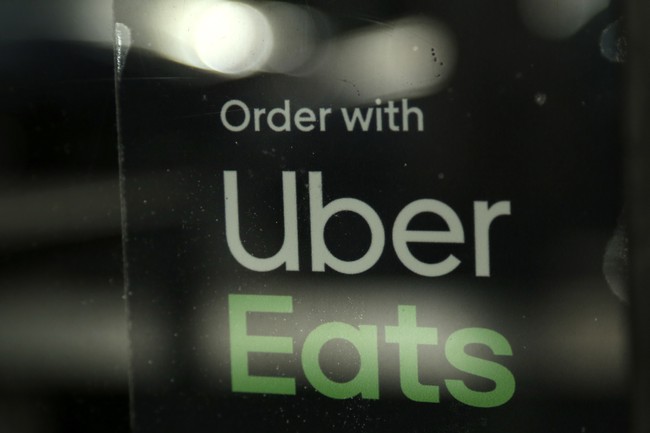
You cannot outlaw reality, no matter how attractive the idea or how hard you wish it were true.
Gig delivery drivers in Seattle are learning this the hard way (as are Uber and Lyft drivers in Minneapolis).
Just two weeks after the law went into effect, Seattleites had to contend with $26 coffees and $32 sandwiches. https://t.co/8c5uUsYvrC @reason
— R Street Institute (@RSI) March 18, 2024
The good people of Seattle, or at least their representatives, professed great concern for the well-being of gig workers in the delivery market. They wanted to do them a solid by ensuring fair compensation for their efforts, so they came up with a wildly complicated system to ensure what amounted to a minimum wage.
It didn’t work out as planned.
In 2022, Seattle’s City Council passed an ordinance mandating a minimum earnings floor for app-based food delivery drivers in the city. The law finally went into effect in January 2024, but so far the main result has been customers deleting their delivery apps en masse, food orders plummeting, and driver pay cratering.
The ordinance, part of a legislative package called “PayUp,” was passed under the banner of protecting gig workers. By setting a compensation floor for app-based delivery drivers based on miles driven and amount of time worked, the ordinance operates as a (supremely complicated) minimum wage.
The wage floor is based on labyrinthine calculations: the “engaged minutes” for drivers are multiplied by a “minimum wage equivalent rate,” which is then multiplied again by an “associated cost factor” and then multiplied yet again by an “associated time factor.” Next, this sum is added to the total of “engaged miles” of drivers, multiplied by the “standard mileage rate” and then multiplied once more by the “associated mileage factor.” (If you’re lost, don’t worry—the text of the ordinance itself literally does the math for you).
It was the sort of thing that liberals love. It sounds great, and allows them to make virtuous noises about “living wages” and care for the downtrodden, while simultaneously doing great damage to both their “beneficiaries” and the general public.
The reality, though, is that drivers are getting screwed big time. Actual take-home pay has plummeted because nobody wants to pay the outrageous fees that these pay “increases” require.
Local news station King 5 reported that Seattle residents started deleting their delivery apps from their phones in response to the spiking exorbitant delivery prices. Uber Eats experienced a 30-percent decline in order volume in the city, while DoorDash reported 30,000 fewer orders within just the first two weeks of the ordinance taking effect.
In turn, this decrease in demand directly impacted the pocketbooks of the delivery drivers themselves. A driver who made $931 in a week this time last year saw his earnings drop by half to $464.81 in a comparative week this year. Another reportedconsistently making $20 an hour prior to the ordinance, only to see his earnings likewise fall by more than half since its enactment.
In other words, while the ordinance theoretically raises driver earnings to over $26 per hour—a number that ironically far exceeds Seattle’s $19.97 standard minimum wage—drivers are barely logging any hours as a result of the drastic decrease in demand for food delivery. As one Seattle driver summarized: “It was dead. Demand was dead.” A second driver put it more bluntly: “I’ve got nothin’. I’m not gonna sit here for hours for one frickin’ order.”
Who could have predicted this?
Here in my home city of Minneapolis our city council did the same thing with Uber and Lyft, and in a shocking move Uber and Lyft are leaving the city. It’s almost as if prices were about as high as people were willing to pay, and when they rise the businesses can’t make a buck.
And who loses out? Well, obviously the drivers, who lose their income. And of course the consumers as well, who lose a useful service.
Don’t worry though, one of the advocates of this insane policy here, Minneapolis’ State Senator Omar Fateh, has an idea: have the state run a rideshare program instead!
Apparently, #Minneapolis has chased @Uber and @lyft out of the Twin Cities metro to make room for a STATE-RUN rideshare program! Same state that put together the infamous crashing DMV site and allowed $450M in Feeding our Future fraud. What could possibly go wrong? https://t.co/V2caYuVfha
— Ann Bauer (@annbauerwriter) March 15, 2024
I’m surprised our Congress hasn’t figured out that you can eliminate plane crashes by outlawing gravity’s effects on planes.
That will be as effective as displacing private enterprise with yet another government program.
